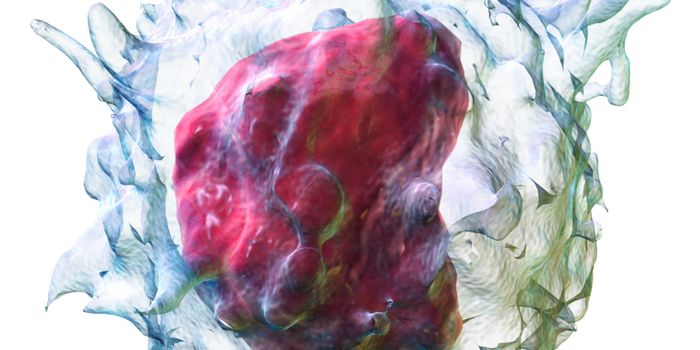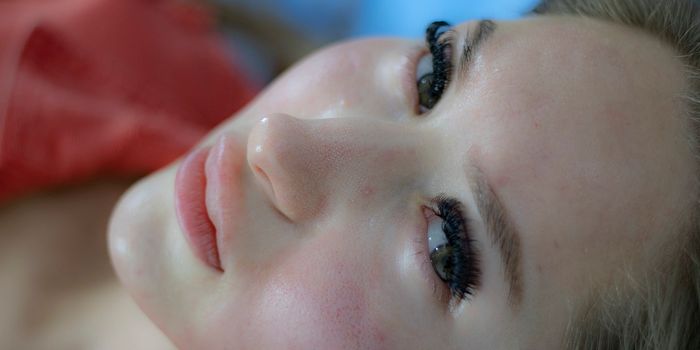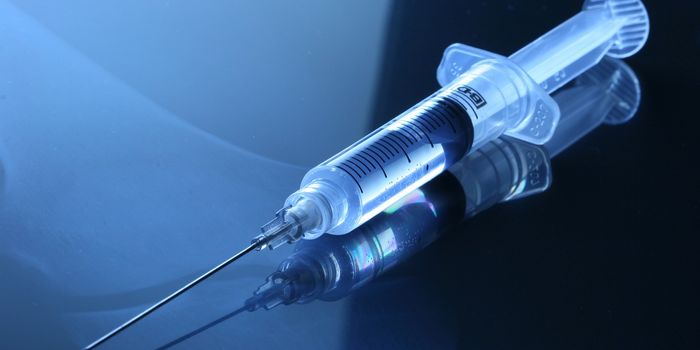Scientists Use Robotics to Create Effective HIV Vaccines
Scientists continue to build upon a vaccine candidate to prevent HIV infection, the virus that causes AIDS. AIDSVAX was first developed and tested in the 90s, but now a University of California Santa Cruz scientist is working on perfecting it. Using new robotics technology, researchers are making the vaccine development process more effective and more productive, cutting costs and saving time all the while.
"Dozens of interesting vaccine candidates have been described, but most have not been tested in humans because it has not previously been possible to manufacture them affordably and in a timely fashion," explained Phil Berman from the University of California Santa Cruz. "The technology we developed should break the logjam in HIV vaccine development, because it tremendously shortens the time, improves the yield, and lowers the cost."
Berman is talking about the multitude of problems many scientists have faced while tackling the production of an effective vaccine to prevent HIV. The virus’s envelope proteins are difficult to imitate and include in a vaccine, which is needed to stimulate the immune system and build immunity against the virus.
Using robotics, Berman and his team were able to make a variety of improvements on the AIDSVAX vaccine and the developmental process:
- Decrease the time required to produce stable cell lines, which are necessary for making HIV envelope proteins, an important “ingredient” of an HIV vaccine
- Increase the amount of protein the cell lines can produce
- Reduce equipment and material costs
Berman was also successful in creating cell lines that make HIV envelope proteins with the right kind of carbohydrate components - glycans - needed for an effective immune response.
"The conventional way of making these envelope protein vaccines incorporated the wrong kind of carbohydrates,” Berman explained. “We now know that destroyed many of the important antigenic sites recognized by protective antibodies."
Glycans are the unique carbohydrates found on HIV envelope proteins. Berman and his team used CRISPR/Cas9 gene editing technology to create a new cell line called “MGAT CHO” that produces the right kind of glycans. Additionally, the process turned out to be simpler and less expensive than others used to recover and purify proteins.
"People used to think carbohydrates are not immunogenic, but HIV turns everything on its head, and it turns out that the most important antibodies are directed to this unusual carbohydrate," Berman said. "We can now make vaccines with it for the first time.”
Berman hopes that the improvements made on the HIV vaccine will improve its efficacy from 31 percent to more than 50 percent. He currently has two cell lines ready to produce vaccines on a large scale, and he is looking for funding to conduct clinical trials.
Sources: aidsmap, University of California Santa Cruz









